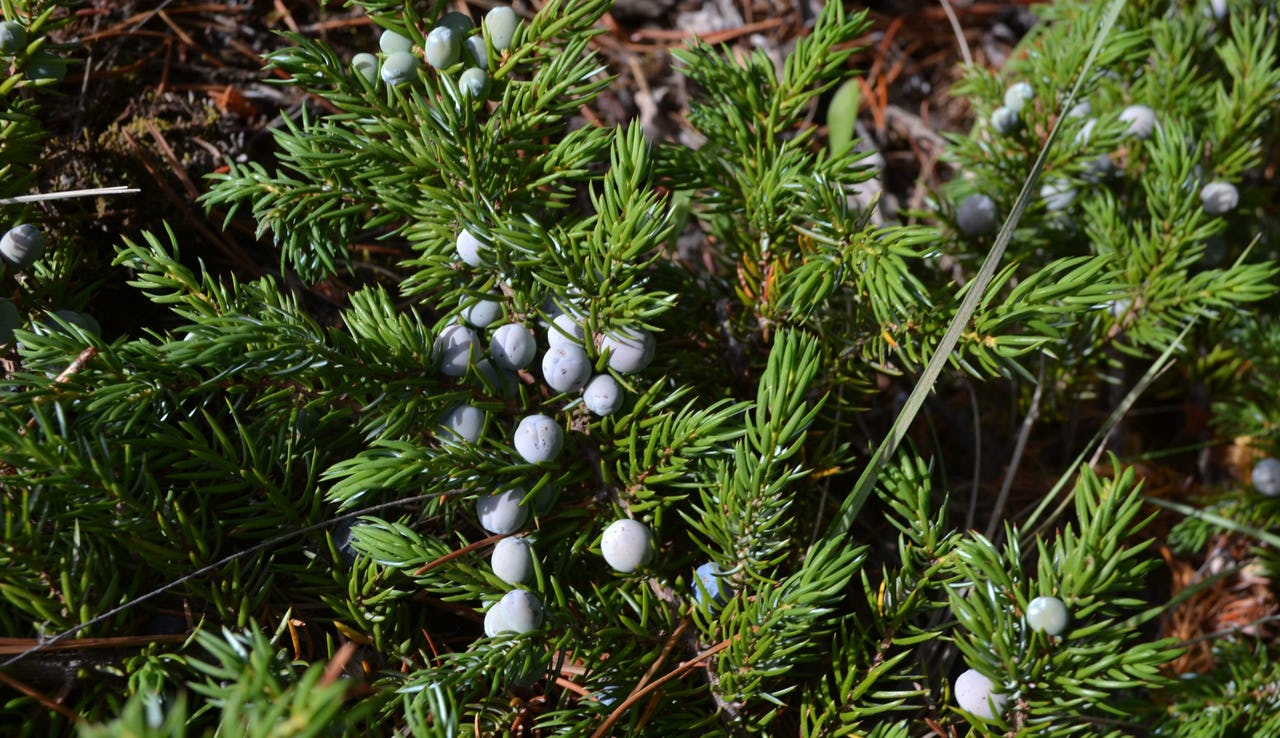Collaborative Approaches for Wild Plants and Harvests in Whitehorse

As the first university in the Canadian Arctic, Yukon University must root its policies in language, community, and legends. Photo: The Gordon Foundation
Through a partnership with the Gordon Foundation, The Arctic Institute is publishing a series of papers on Canadian Arctic policy critiques and solutions written by Jane Glassco Northern Fellows. The Jane Glassco Northern Fellowship Program recognizes the leadership potential of northern Canadians aged 25-35 who are passionate about addressing emerging policy challenges and building a strong North. During the 18-month program, Fellows deepen their understanding of important northern issues, and develop the skills to articulate and advance their ideas and policy research. Fellows publish individual and group policy research papers. For more information, please visit The Gordon Foundation website and follow the Fellowship on Twitter.
For the Whitehorse community, wild plant harvest is an important cultural practice, as well as a means of subsistence and source of recreation. However, this practice is under threat. Development, environmental damage and unsustainable harvest have limited the community’s access to safe and convenient harvest areas. One way to address this issue is through collaborative land-use planning among municipal and First Nations governments.
The objective of this research is to better understand threats to wild plant harvest and identify ways municipal and First Nations’ governments can work together to protect and support wild plant harvest. This project has involved speaking with local land-use planners, Traditional Knowledge keepers, and community members to evaluate threats to traditional plant harvest and to develop solutions. It has also involved reviewing government reports, plans and policies relevant to land-use planning, government-to-government collaboration and Northern food security. This paper outlines three potential options for inter-governmental protection of, and support for, wild plant harvest in Whitehorse, Yukon:
- Option One: Develop a database of wild plant harvest areas around Whitehorse to inform planning and decision making.
- Option Two: Collaborate on stewardship programs and educational campaigns around wild plant harvest in Whitehorse’s Regional Parks and trails.
- Option Three: Allow wild plants to be harvested prior to the development of an area.
Kelly Panchynshyn was born and raised in Whitehorse, Yukon, on the Traditional Territory of the Ta’an Council and the Kwanlin Dün First Nation. She is committed to deepening her understanding of challenges facing Northern peoples and will continue this work through a Master’s of Community Engagement, Social Change and Equity at the University of British Columbia’s Okanagan Campus.